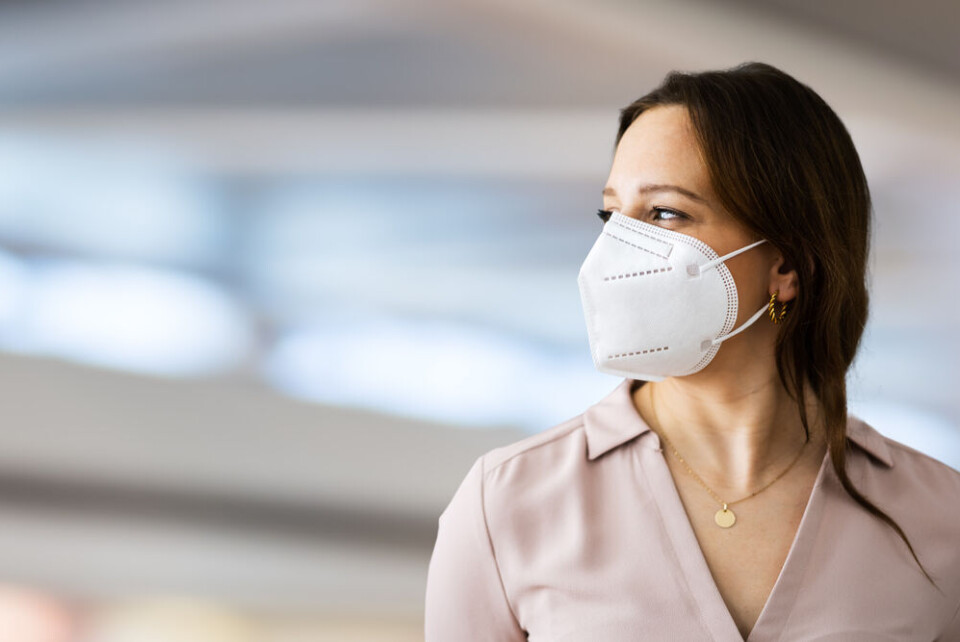-
House cracking threat spreads to new areas in France, putting 12 million properties at risk
Map from environment ministry shows more than half of country at risk
-
Hospital fees set to increase in France: how will patients be affected?
Plans to save €400 million from social security spending targets several flat fees
-
New pink number plates in France lead to more police road checks
The plates are designed to enhance visibility and deter fraud
Covid ‘rebound’ France: What are rules for testing, isolation, masks?
As the new Covid variant Eris pushes up positive cases in France and experts warn of a possible ‘epidemic rebound’, we look at the current rules in place in the event of infection

Eris, or EG.5, is a subvariant of the Omicron strain. It has been identified as a ‘variant under monitoring’ by the World Health Organisation, which is significant, but not considered as high a risk as the classification of ‘variant of concern’.
Eris is more contagious than previous strains, but so far does not appear to be more severe or cause different symptoms.
Read more: Eris: New, more contagious variant sparks Covid escalation in France
The main causes of the rebound are thought to be:
-
The higher level of contagion of the new variant
-
Increased socialising and travelling of groups of people during the summer holidays
-
The natural decrease in vaccination protection over time.
Do I need to wear a mask and self-isolate?
The wearing of masks is no longer required in public spaces or transport. However, it is still advisable to wear one if you are ill, or at high risk of infection or severe illness.
Self-isolating in the event of a positive test result has not been required since February 1, but it is still recommended for anyone who tests positive (as it is for anyone who has any kind of highly-contagious illness). This helps to protect vulnerable people and stop the virus from spreading.
Can I still get a test?
You can still get an ‘official’ test at a local medical lab or pharmacy without a prescription, with part of the cost picked up by the Assurance maladie if you are eligible for state healthcare. You can check sites that are still doing tests on the sante.fr website.
Can I still get a vaccine?
Booster vaccines are still recommended for the most fragile. This includes immunosuppressed people, people aged 80 and over, pregnant women, and those aged 18-60 who are at a high risk of severe illness.
The Haute Autorité de santé (HAS) is set to launch a new vaccination campaign in France from autumn 2023.
A new round of Covid boosters will be available for people at a higher risk of the illness, especially the immunocompromised or those aged 65 and over.
The vaccination campaign will take place at the same time as the annual winter flu campaign. Last year, this opened on October 18 and ended on March 31.
You must wait six months after your last Covid vaccine (or Covid infection) before having a new booster.
Read more
Covid ‘rebound’ in France: Which areas, and are doctors worried?
























